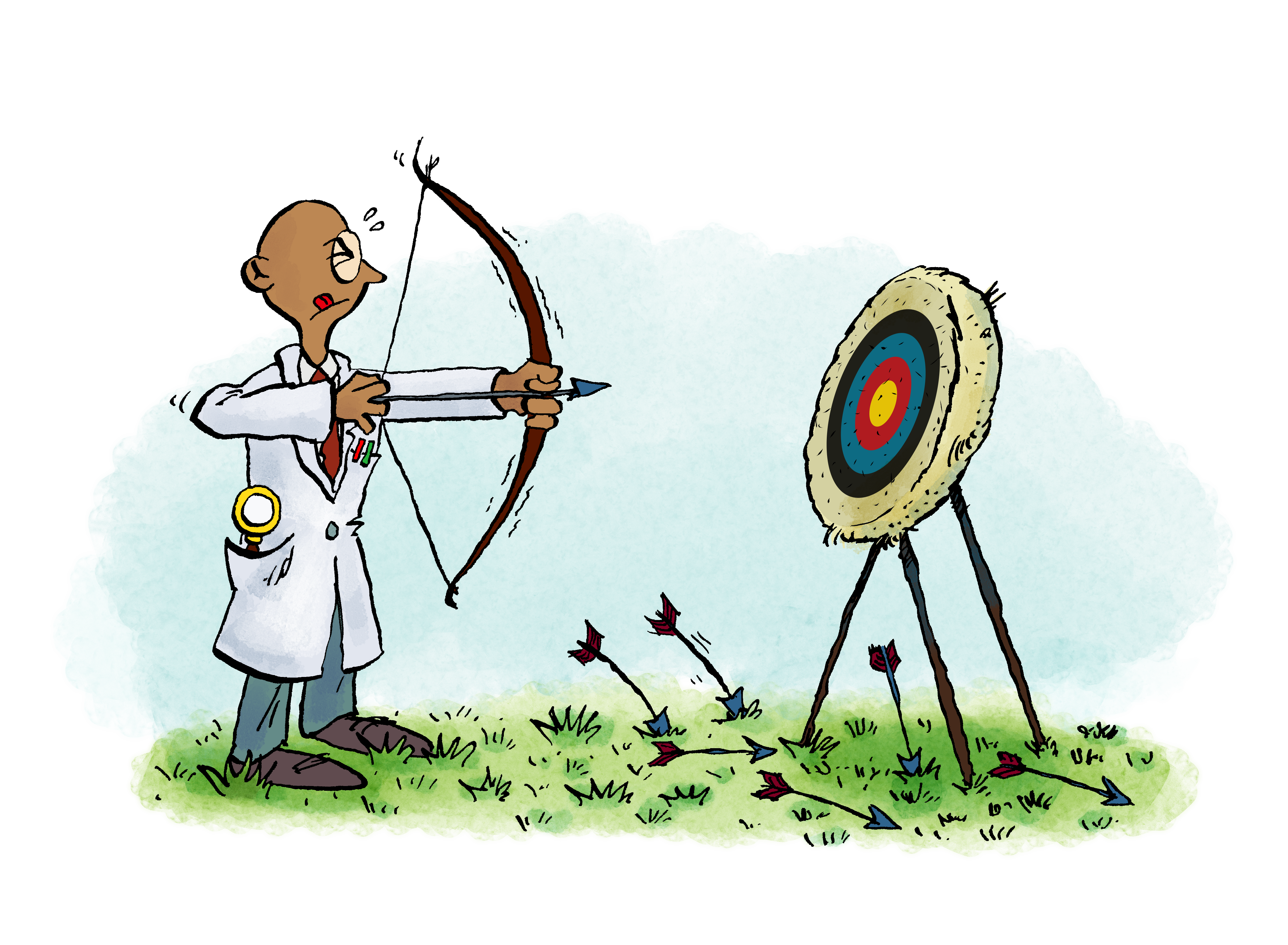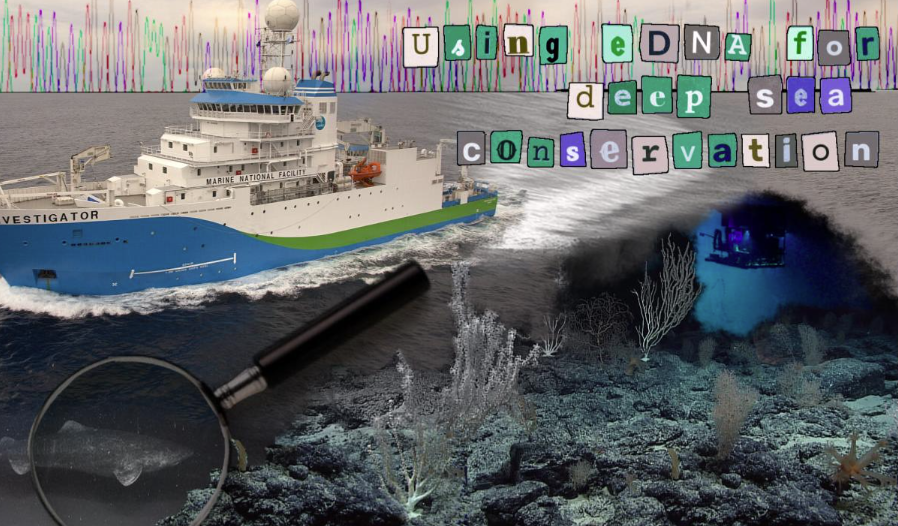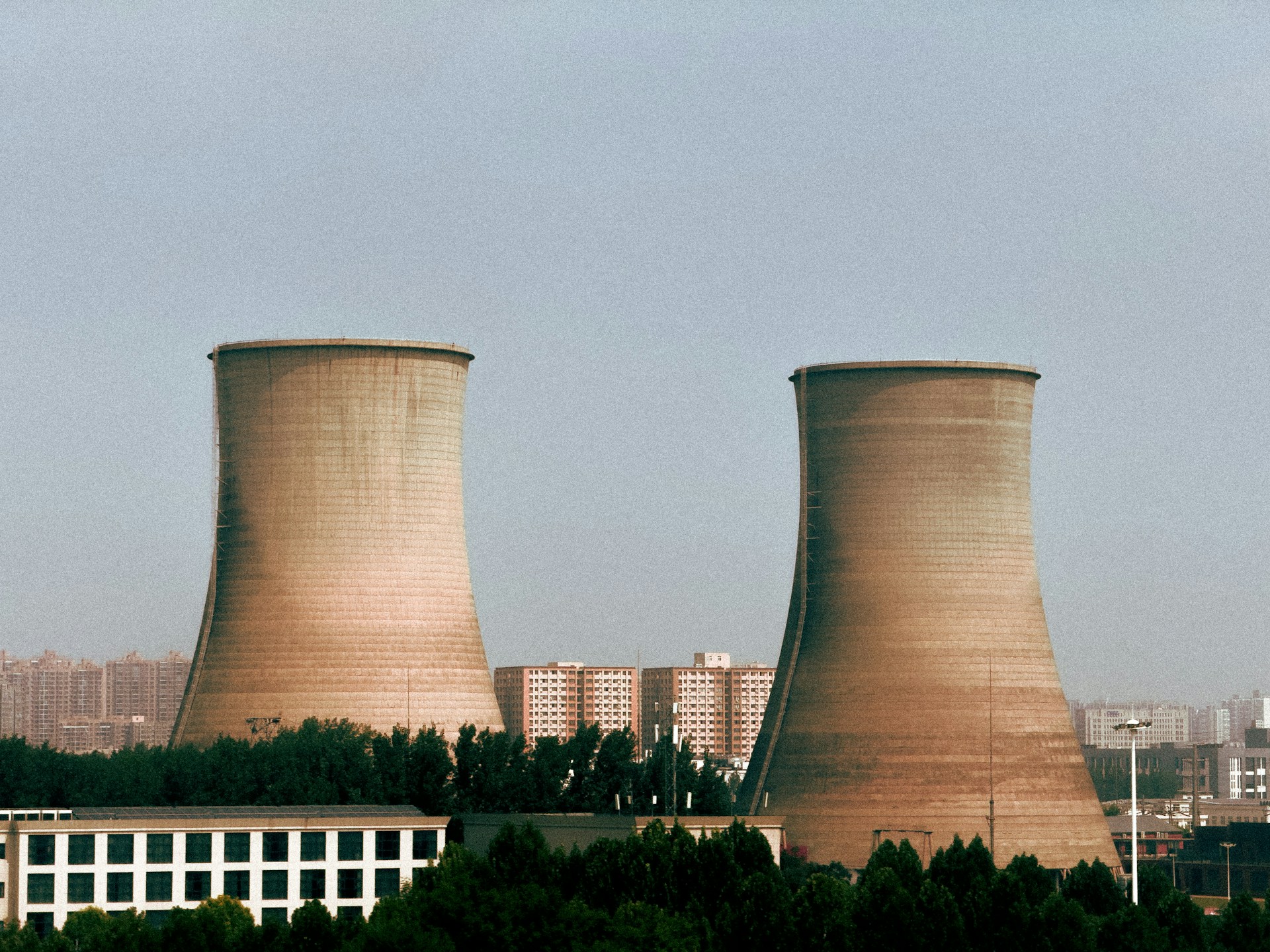Sian Wilcox on failure: science’s greatest achievement.
When most people think of science, they recall news articles detailing logical and coherent stories that reach a satisfying conclusion. Each neatly packaged piece of research is then further condensed into an eye-catching title that showcases the main finding. Nevertheless, this presentation of science does not recognise the many years of research preceding the report, not to mention the countless failed experiments. Simply put, failure is fundamental to the scientific process; it is the backbone upon which great science is built. With the recent events of the pandemic, many are witnessing the scientific process unfold before them in real time for the first time. The countless U-turns and the reality of the time it takes to produce anything tangible can be disheartening, but this isn’t an isolated example, it’s just science in progress.
For example, astronomer and Assistant Professor Erika Hamden, from the University of Arizona recently spoke about the numerous setbacks her team faced over a 10+ year period working on a single project. During the talk, Hamden summarises the pursuit of science in a single sentence, ‘The reality of my job is that I fail almost all the time and still keep going’. This sentiment is echoed in the CV of failures, written by Johannes Haushofer, an Assistant Professor of Psychology at Princeton. Haushofer states, ‘Most of what I try fails, but these failures are often invisible, while the successes are visible’. Open discussions about failure are vital for normalising the reality of science.
Resilience and perseverance in the face of challenges can result in astounding discoveries. For example, the first image of a black hole, which was released last year, was only made possible through the dedication of over 200 scientists over the course of two years. In the pharmaceutical industry, where discovery can remain elusive for much longer, it takes a drug 12 years on average to make it to market. Moreover, 90% of drug candidates fail during the development process. Despite this, failed drugs are still important as they can form the basis of a new medication or be repurposed with great success. For example, thalidomide was originally developed as a morning sickness medication but was pulled from the market due to it causing developmental defects in unborn children. Now however, thalidomide is used to treat certain cancers and has been shown to increase overall survival rates. In addition, failures and mistakes may lead to their own discovery. A classic example is the discovery of the first antibiotic, Penicillin, which revolutionised the treatment of bacterial infections.
Despite the prevalence and importance of failure as part of the scientific process, failure is still a taboo topic. This may be due to our perception that science is exact and meant to provide answers. We tend to overlook the inherent value of failure as we assume that we have simply done something wrong. Moreover, there is little incentive to openly discuss failures due to the competitive environment in research and the publication bias towards positive results. For example, a study that reports a novel protein interaction will be more likely to be published over a drug that did not produce any effects when screened. However, it is important that these negative results are also reported as it prevents similar studies being conducted and can inform future drug structures.
Ignoring failure can have a number of consequences: scientists may leave research due to feelings of inadequacy; multiple groups may run the same doomed experiment in tandem; and researchers are unable to make informed hypotheses due to glaring gaps in the available information. The combination of these factors hinders innovation and progression, thus limiting the ability to push the boundaries of scientific knowledge.
Failure is an inevitable and necessary part of advancing science and this reality needs to be embraced. There has been progress in recognising the value in failure, but more work and discussion is needed. Only by knowing both the successes and failures can we be at the frontier of science. This is nicely summarised by Maryam Zaringhalam in Scientific American: ‘Without failure, we lack a complete picture of science’.
Sian Wilcox is studying for a PhD in Neurophysiology at Balliol College. Illustration by Ralf Zeigermann.





